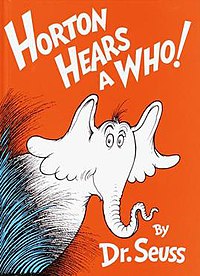I was particularly intrigued by a proposal at the School Committee meeting with a summer program focused on vocational/technical training. Too often the trades, the experience of work, gets discounted for the theoretical income value of a four year degree. Well, my degree is pretty much collecting dust since I'm the ultimate generalist, so I have the debt without the big bucks job. If you work out of high school but our education was geared towards excellence, when you do go to college you'll have a little more seed money for your student loans. I don't think college is for everyone, at least not everyone between the ages of 17-20.
Australia is currently running into this problem. It's partially a societal perspective (smart people go to university, so if my kid goes to university he must be smart and will get better paid), but it's also fuelled by other contributory factors like pressures in the job market becoming more information-heavy, and the no-brained campaigning by the major political party (especially the current government) of making commitments that 90% of students will get a university degree. Part of it is just capitalising on the popular misconception, but there are also incentives related to employment figures, and because the university students are a large Labor-supporting group.
One of the side effects is that the job market is not expanding as fast as the number of graduates is (in part because changes to superannuation and cost of living mean people have to wait longer to retire), so degrees are being devalued and turning into must-haves to get jobs that didn't originally require them. This in turn drives the engine more, because now people DO need a degree to get a job at all.



















